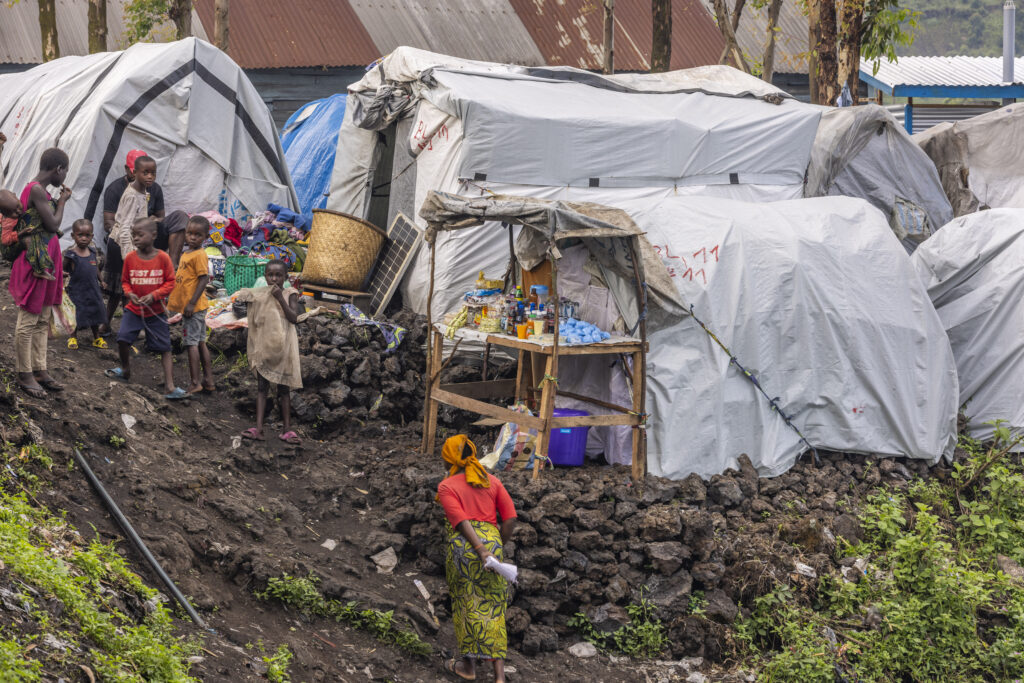Over my last two days in DRC, my time was focused on visiting the Central Hospital Rusayu (CHR) and visiting the Internally Displaced Camps where a large number of orphans we were supporting in Sake are now staying.
My visiting to the CHR was the visit I think I was most nervous about – as a tall, bald white guy with big cameras, I have a hard time staying out of sight when I visit projects like these. I knew that the hospital was next to an army camp, with tensions in the area already heightened because of the ongoing conflict, I was aware that my presence might not be the most welcomed by the troops.

I wasn’t wrong. I hadn’t been there very long when some soldiers appeared and made it clear they weren’t keen on me being there. We persevered though, and made sure to focus ourselves to capture as much as we could in the time we had there.
CHR currently employs 21 people, including two doctors, six nurses, a pharmacist, accountant, laboratory technician, sonographer, nutritionist, midwife, hygienist, nutritionist, driver, chaplain and other support staff. Around 50% of these staff have their salaries sponsored through Comfort International which allows them to continue their crucial work. This leaves around 10 staff still in need of sponsorship. If this is something you would like to help with, please get in touch with us.



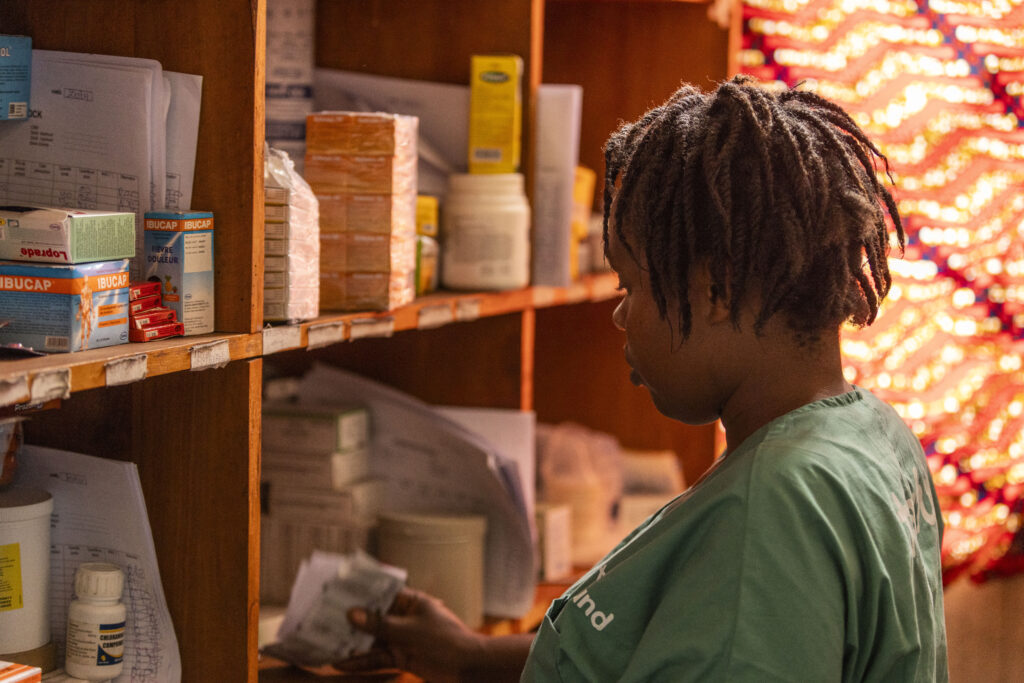
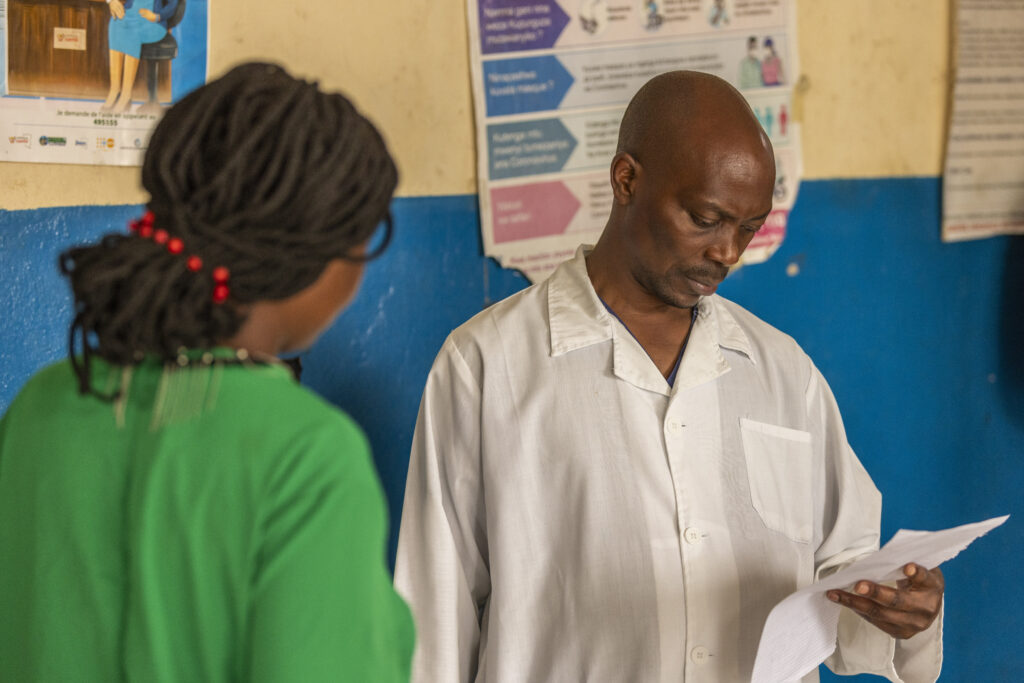
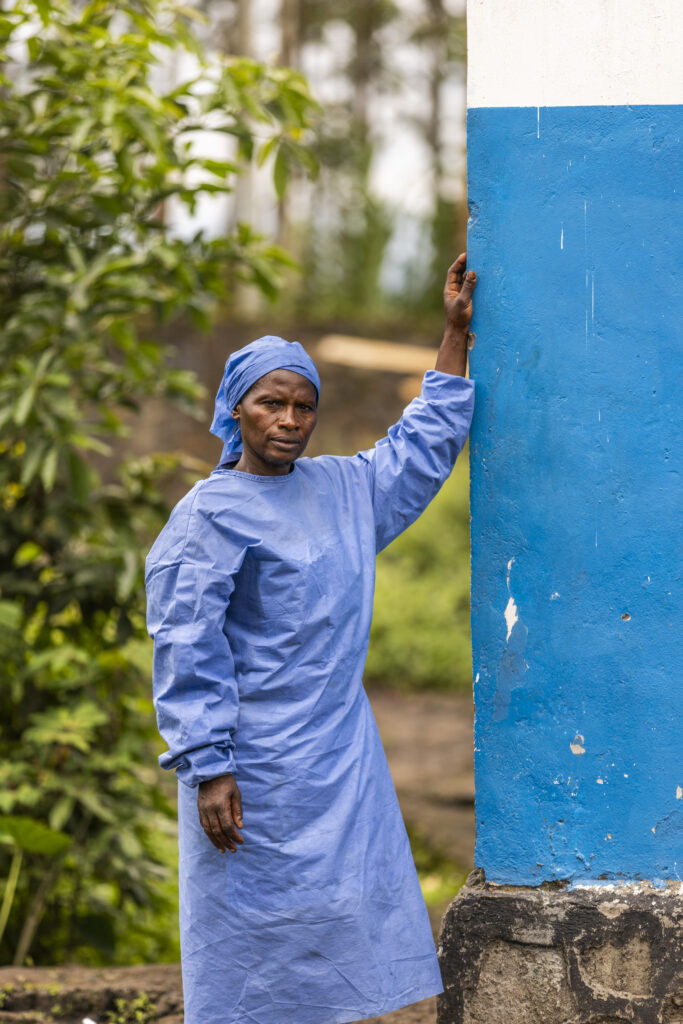
Nathalie is a midwife in the hospital and shared with me that, before she was a part of the sponsorship program, she and her family struggled to get by. They could not always afford to pay for school fees, transport to the hospital for work or for food. Being sponsored brings her so much joy because she doesn’t have to worry about these things.
She also told us that it takes her 2 hours to get from home to the hospital for work, followed by a shift lasting anything from 7 – 16 hours and then the journey home. The journey is not an easy commute. Most of the roads in Goma are vaguely flattened stretches of hard volcanic rock – imagine a bus trying to navigate the Giants Causeway and you’re close to imagine the jostling and discomfort that journey entails.

Although sponsorship has improved Nathalie’s life and her family’s lives, Nathalie still has worries. She worries for her patients at the hospital because many of the women she cares for during pregnancy and childbirth are very vulnerable and don’t have enough to provide for their own needs, let alone their babies. The hospital tries to do what it can to support them practically as well as medically, but they often don’t have enough baby clothes to give out and can’t support everyone that comes. Nathalie also worries about the size of the hospital. It is too small and there are too many patients needing seen, meaning that people often need to share beds and resources. They need all the support they can get to provide a high level of care to the thousands of families that depend on them for their lives.
After a few hours, we were revisited by soldiers and to avoid causing an issue for our friends at the hospital, decided it was best to leave the area before things became too tricky. We can only pray that the conflict in the area can somehow be resolved – it won’t solve all the issues faced by the hospital, staff and patients, but it would eliminate one of the greatest areas of concern in the area.

My last visit in DRC was I think the hardest. Meeting with the orphans we support in Sake, who are now living in the Internally Displaced Peoples Camps. Really what that means is that they are refugees. The only difference between being internally displaced and a refugee is that a refugee has crossed an international border. You can read in our blog about the issues that have led to the children being evacuated.


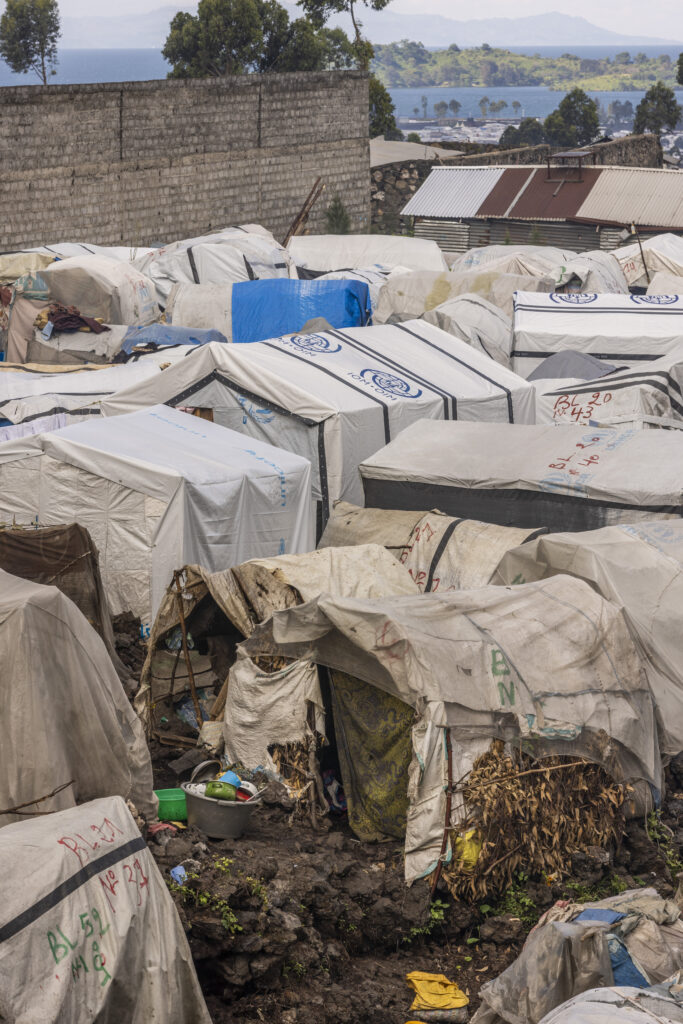

While I was in the camp, I met with a group of children who were receiving some food from Comfort Congo. It’s hard to be in amongst such desperate need and yet feel so helpless to do anything. My role is to take photos and videos so that we can share the stories of these situations with our supporters, it just sometimes seems a superfluous and self-serving thing to do (even though we know well the impact that sharing these testimonies makes).

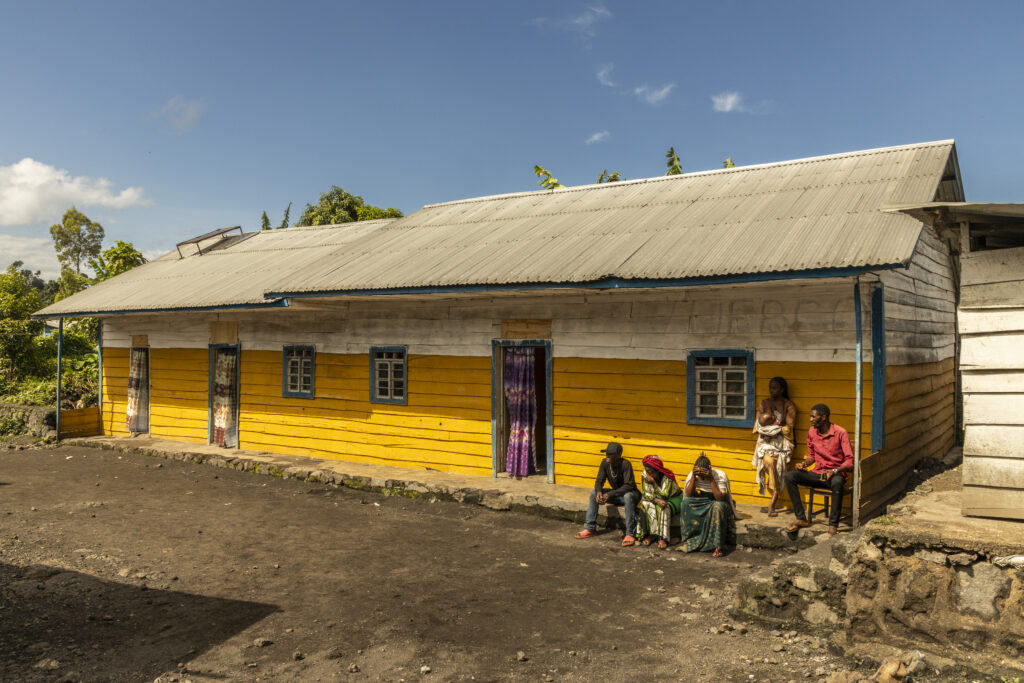

A number of the Sake Orphans are staying together in a building donated by a local Pastor. It is safer and more sanitary than staying in the camp, but it is still not a comfortable place to stay by a long stretch. The children have few possessions – if any. They have barely any clothes. And so much had to be left behind when they evacuated Sake. Those staying together in the building are sleeping two to a bed – the luckier ones have threadbare mattresses, many don’t have any mattress at all. The Church are doing their best to look after as many as they can. The heart-breaking truth is that there just aren’t enough resources to meet all of the needs.


I spent time with two of the girls from Sake, Darlena and Neema. Darlena is 8 and still has a childish twinkle in her eyes, despite the hard life she has had to this point. I had spotted her playing in a nearby field when we first arrived. She spoke about how she misses being with her friends and being at school. She doesn’t at all like being in the camp and wishes the fighting would stop.

Neema is a little older than Darlena and has lost the childhood naivety that Darlena is still holding on to. Neema shared with me that she lost both of her parents due to the conflict a few years ago. The Sake orphanage had become home and she was feeling happy. She is devastated that they have had to evacuate and desperately misses the orphanage. She misses being able to go to school and be with friends.

Years ago, my favourite Christian Band, One Hundred Hours, released a song called “Hold On”. One line in the song goes ‘If you could only see the way my sisters eyes can’t smile …’ Neema is a heartbreaking living embodiment of this line. Neema’s favourite thing to do in the Displacement Camp is to go to church. She loves praising God and said that going to Church gives her hope. She is praying for God to bring an end to the conflict in DRC.
Neema said that her faith gives her strength.

All of the projects that Comfort International supports are important. They are all valuable. They all need more support. Every so often though, one of the people you meet at them or one of the stories you read from the project just hits you in the face and won’t leave you. Neema is very much this in my life. Not a day has gone by since we met that I haven’t thought about her. I tried to share her story at my church recently, but couldn’t get the words out through the tears.
There is too much injustice in this world, there is too much that we cannot do for those in need. But at Comfort, we stand by our tagline “A Little Can Change a Life”. We have seen God do the impossible time and again. Through the faithfulness of a small group of people offering the little that they can, God has time and time again transformed lives and situations. We desperately pray for this to happen again in North Kivu and with the people we have met there.


I returned back to my accommodation after meeting Darlena and Neema feeling quite broken. I prayed, I spent time with God. One of the verses I spend a lot of time with is Micah 6:8 (it’s even tattooed on my arm). I sat with that verse that evening praying into it and seeking God’s thoughts over mine. After this, I did one of the things that always brings me peace – taking photos.
The only night I witnessed a great sunset in DRC was that last night. It helped calm my thoughts, it helped focus me. Watching the colours of the sunset dance over the mountains of DRC and over the waters of Lake Kivu with the words of Micah 6:8 in my thoughts was encouraging and uplifting.



